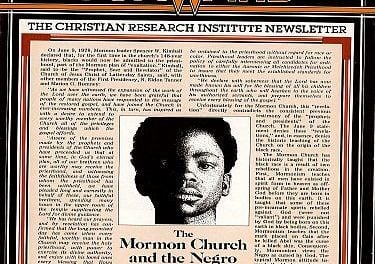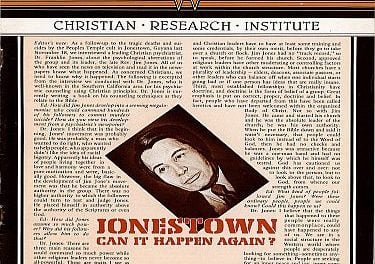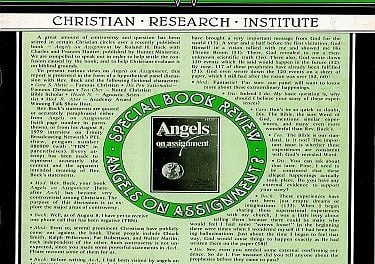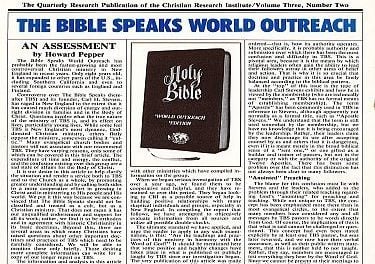Volume 39:Issue 2
To purchase this individual issue click here.
CONTENTS:
04 From the Editor
Protect Yourself! Pandemic Sweeping Country through Mid-Fall
06 Effective Evangelism
Developing an Agile Apologetic
08 Practical Hermeneutics
How to Read Historical Narrative
10 Did the Apostles Really Die as Martyrs for Their Faith?
by Sean McDowell
Historical Apologetics: The willingness of Christ’s original disciples to suffer and die for their faith is one of the most commonly cited lines of argument for the resurrection. But how do we really know that they were killed for their testimony about Jesus Christ? Sean McDowell gets to the bottom of it.
18 Rape and Sexual Violence on Campus: Compassionately Navigating the Deluge of Data
by Jay Watts
Ethical Discernment and Critical Thinking: Reports that sexual assaults are becoming commonplace on American college campuses have provoked both alarm and debate across the country. It can be difficult to sort through the competing narratives and vitriol surrounding the issue to find a Christian response, but respectful and considerate pursuit of the truth ought to be the aim of the process.
26 Human Flourishing and the Myth of Religious Neutrality
by Angus Menuge
Philosophical Apologetics: There are many different views of the “good life”: the kind of life that enables human beings to achieve their full potential. Should a secular state support only those views that are nonreligious, or might it be that all such views, when considered more deeply, are religious in nature?
34 Digital Souls: What Should Christians Believe about Artificial Intelligence?
by James Hoskins
Philosophical Discernment: There is a growing belief in Western culture that computers eventually will become conscious. In the past three years alone, people from opposite ends of the societal spectrum have expressed both dread and hope about this occurring. Wherever the topic of A.I. arises, so do spiritual questions, and the answers depend largely on one’s presuppositions about the soul.
40 Creeds: Relics or Relevant?
by Thomas Cornman
Doctrinal Discernment/Historical Theology: Historically, creeds served to summarize and clarify the core concepts found in Scripture. As biblical literacy wanes, the use of a creed, confession, or statement of faith may be vital for defining the Christian’s identity and safeguarding the church from error, as long as that creed is rooted in God’s Word.
46 There’s Something about Relativism
by Travis M. Dickinson
Philosophical Apologetics: Many people try to explain the unsettling phenomenon that different cultures have different moral convictions by appealing to cultural moral relativism, according to which moral facts vary across cultures. But can such a view be logically coherent? Philosopher Travis M. Dickinson responds to a recent defense of relativism that appeared in the New York Times.
52 Reviews
A Summary Critique:Richard J. Mouw and Robert L. Millet’s Talking Doctrine…John Parrington’s The Deeper Genome
58 Viewpoint
Wealth and Stewardship: Key Biblical Principles
60 Postmodern Realities
The Graven Images of Social Media: A Visual Rhetorical Approach
62 Ask Hank
Why Does the Apostles’ Creed Say That Jesus “Descended into Hell”?
Please note the following Article appeared as an Online-exclusive. For purposes of Academic citation, it would be considered part of this Volume and Number.
This only appeared online and is not in a any type of printed bound Magazine style publication.
Reviews
Finding Dory: A Fish Tale about Perseverance and Overcoming Fear
by Robert Velarde
Me Before You’s Strange View of Love and Weak Defense of Assisted Suicide
by Jay Watts



